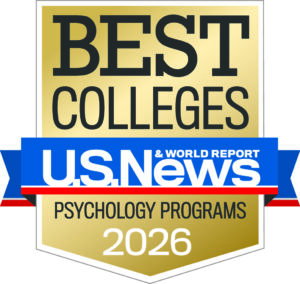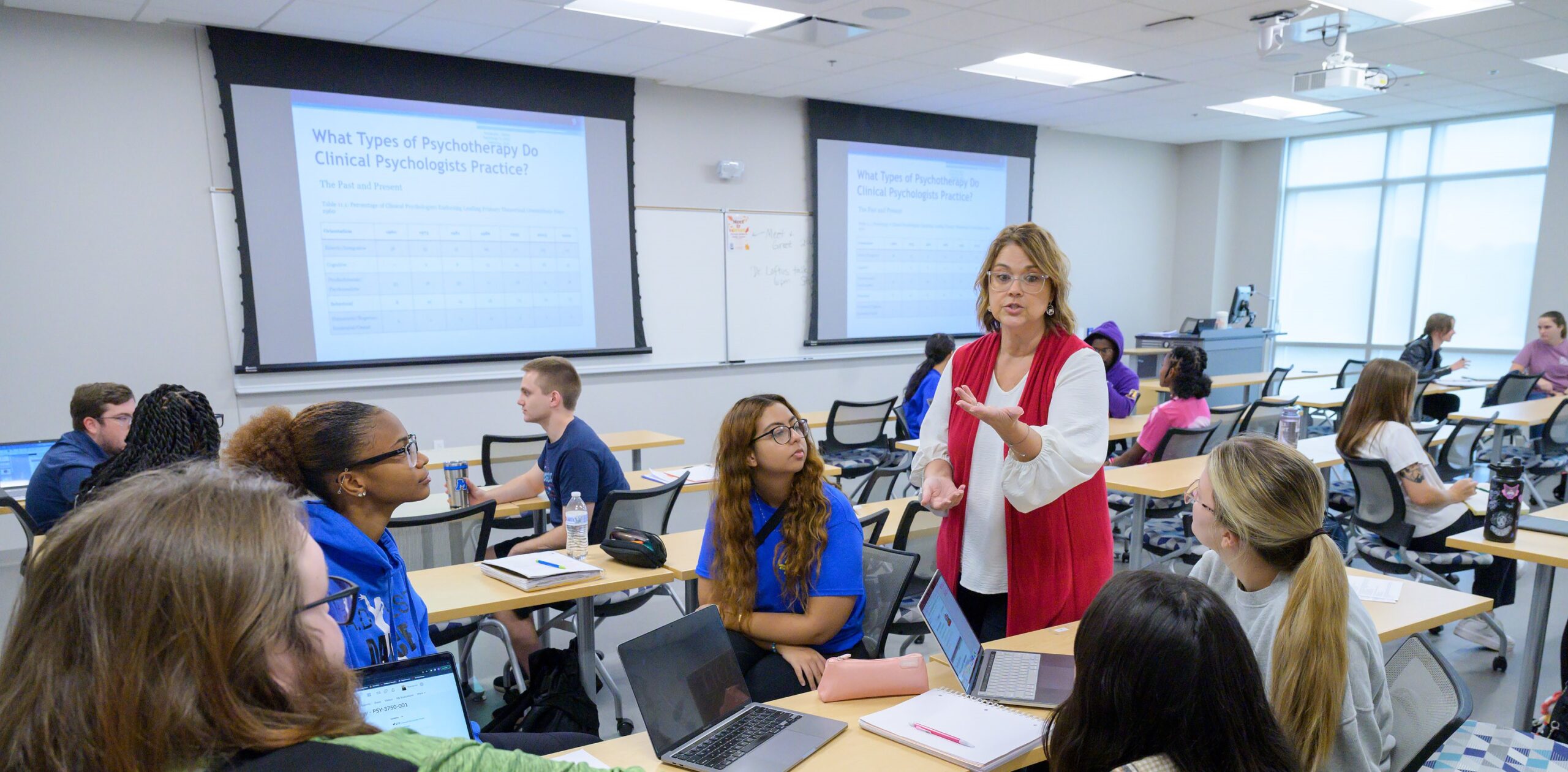Department of Psychology
Middle Tennessee Psychological Association Conference
Middle Tennessee Psychological Association
Spring 2026 Meeting
April 25, 2026
Middle Tennessee State University will be hosting the Middle Tennessee Psychological Association’s 2026 spring meeting. The meeting provides an excellent opportunity for undergraduate and graduate students to present their research projects.
Schedule
Note: All times listed are for the U.S. central time zone.
The live event will be in the Academic Classroom Building (ACB) on MTSU’s campus (campus map)
Guidelines and Information
Review Past MTPA Programs
Contact Information

Follow Us!
Use your Pipeline username and password to log in.
Contact Us
Department of Psychology
Academic Classroom Building (ACB)
Suite 240
Hours: 8:00AM - 4:30PM,
Monday-Friday
Phone: (615) 898-2706
